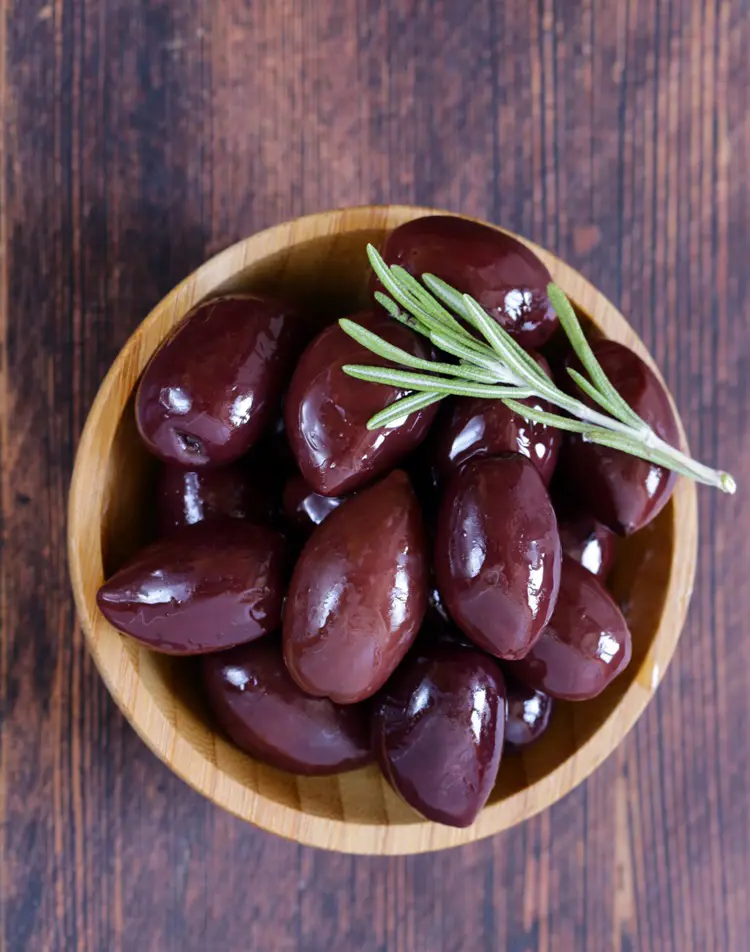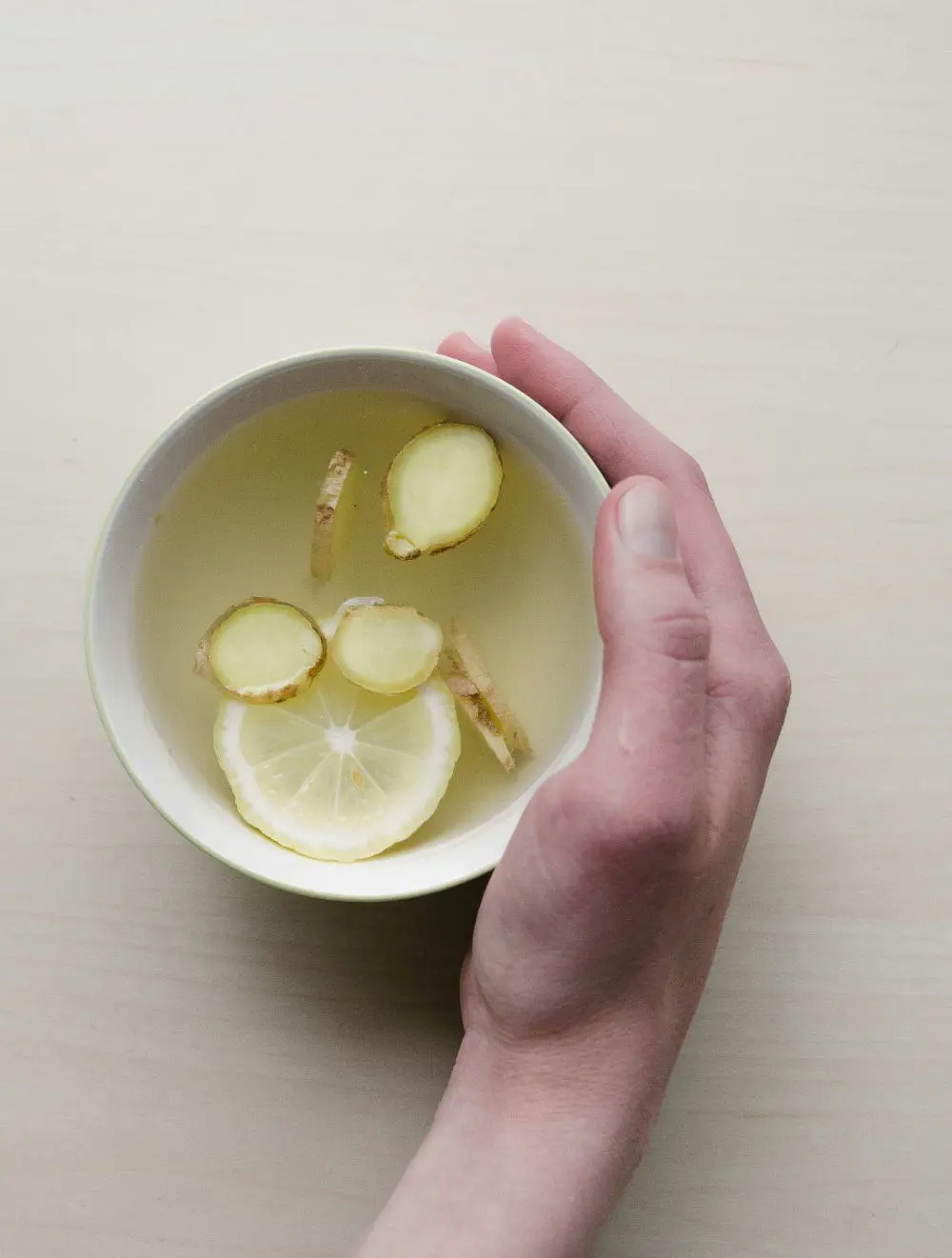Nutritional Facts about Olives
These fruits are tiny but certainly loaded with many nutritional values. The best part is it has 0 grams of Sugar! A 100-gram of Olive has about 115-145 calories of about 59 calories in 10 olives.
A 100-gram of canned Olives have the following nutritional composition:
- Calories: 116
- Protein: 0.8 grams
- Carbs: 6 grams
- Sugar: 0 grams
- Fiber: 1.6 grams
- Fat: 10.9 grams
- Saturated: 2.3 grams
- Monounsaturated: 7.7 grams
- Polyunsaturated: 0.6 grams
Calories
One of the main benefits of olives is that they contain a moderate amount of calories in a serving. When consumed as part of a diverse menu, this calorie count can support a healthy eating pattern when taken in moderation.
Fat
The rich nutrient content and great importance of olives is the known fact for a long time now. This is because they contain omega-3 and omega-6 fatty acids which are necessary for a healthy person.
By keeping the cholesterol level in moderation, lowering the blood pressure levels, and also clearing arteries of any clogs it stops heart diseases. In addition to its full-feeling property, olive fats facilitate the absorption of vitamins A, D, E, and K.
Types of Olives

Throughout the globe, there exists an abundance of olive types numbering in the hundreds or perhaps thousands. Yet approximately 150 of them are commonly grown for consumption and production purposes to obtain olive oil. The 15 most popular types are:
- Kalamata
- Black olives
- Green olives
- Arbequina
- Mission
- Niçoise
- Picholine
- Cerignola
- Manzanilla
- Castelvetrano
- Gaeta
- Nyon
- Ligurian
- Alfonso
- Amfissa












